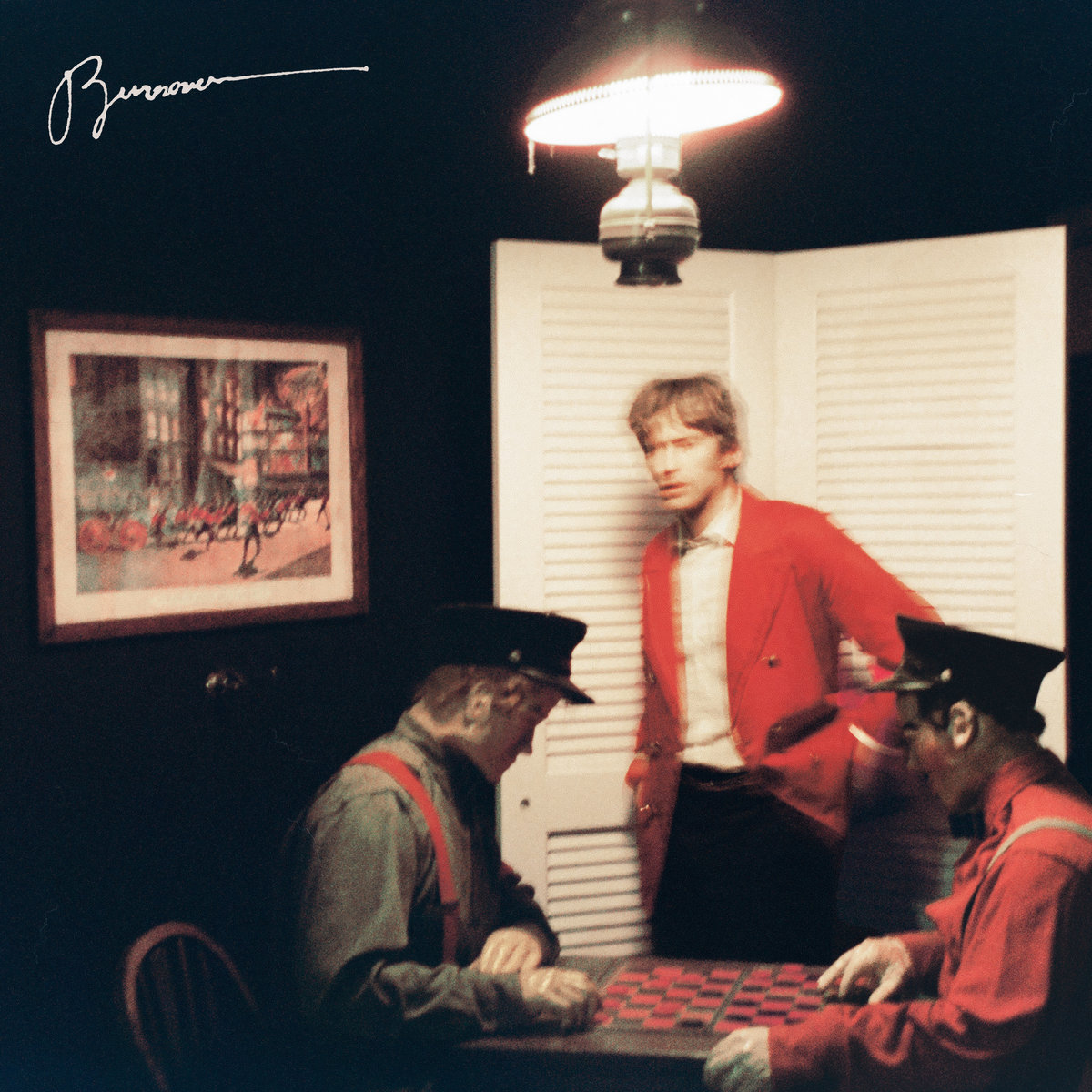Ship & Sail – Hymnal | EP Review
/What comes after death?
That’s a question we may never know the answer to. What we do know, however, is what comes after death for those still alive. The ripples of sadness, loss, and confusion that come with the passing of a loved one are exactly what Colin Haggerty captured on his harrowing 2018 LP From Seeds. Now, less than one year from the release of his debut album, he’s given us Hymnal, a nineteen-minute EP depicting life after loss.
Throughout Hymnal Haggerty finds himself reflecting on the passing of his mother, coping with such a seismic change, and grappling with what it means to move on… if that’s even possible. Death isn’t something you ever truly “move on” from. First you fight it, then you deny it, then you try to reason with it, but death is final. It’s something you have to learn to accept because you’re given no choice. Even when someone’s presence looms constant in your mind, heavy on your soul, and fragments of them remain in your day-to-day life, part of living is learning to continue on with your own existence after such a life-altering shift.
Music is a vital art form for many reasons, but its transformational ability is second to none. Listening to a song can take you back to the first time you heard it. It can transport you to another life or another world entirely. It can make the sad feelings sadder, or it can turn them on their head. Music can shift your perspective or lead you to new ideas, lifestyles, and communities. Perhaps most importantly, music helps us relate to others, comprehend the world around us, and even recover from personal traumas.
In these extreme cases, music can help both its creators and listeners cope with emotions too raw for words. Much like Sufjan Stevens reckoned with loss on Carrie & Lowell and Phil Elverum wrestled with grief on A Crow Looked at Me, on this EP Haggerty offers a glimpse at the first steps that come after a loss.
While From Seeds opens with imagery of hospital beds and oxygen tanks, Hymnal begins with absolute adoration as Haggerty sings “You hum like a Christmas light / When you crawl into bed at night” over a loving guitar and steady drumline on “Get Clean.” Throughout the opener, flashes of color and light emerge in the form of keys courtesy of Whitaker Fineberg (Fallow Land), cello by Noah Wright (Idiobliss), and additional vocals by Hayley McNichol (Bombastic Dream Pussy). Contributions like these throughout Hymnal make the EP feel like a very communal and therapeutic release.
Most of From Seeds saw Colin playing the songs alone with an acoustic guitar, meanwhile Hymnal is a lush release that swaps out that stark darkness with vibrant explosions of life that still retain Haggerty’s poetic lyricism and measured delivery. Tracks like “One Year Ago” and “Sinner” allow the stories of Ship & Sail to unfold through simple vignettes that are relatable yet laced with deeper meaning.
Placed lovingly in the middle of the tracklist, “Blood Moon” is the EP’s beautifully-crafted centerpiece. Beginning with a solitary acoustic guitar, Haggerty sings “Blood moon over the heads of the meek / We’ll inherit the earth, but we’ll be fast asleep” in a voice that sounds equal parts wounded and resolute. Eventually the song builds and crests with gorgeous swirls of acoustic guitar, cello, and ethereal background vocals, all of which blend together into a singular point of emotional impact.
Hymnal is a vulnerable and precious collection of songs. While Ship & Sail’s prior release reckoned the fragility of life, this new collection of songs celebrate the beauty and love that comes with something so easily lost. It’s a record of acceptance and solemn optimism. It recognizes that life will never be the same, but that was always the case.
You can purchase Hymnal here or stream it on Spotify, SoundCloud, or Apple Music.










